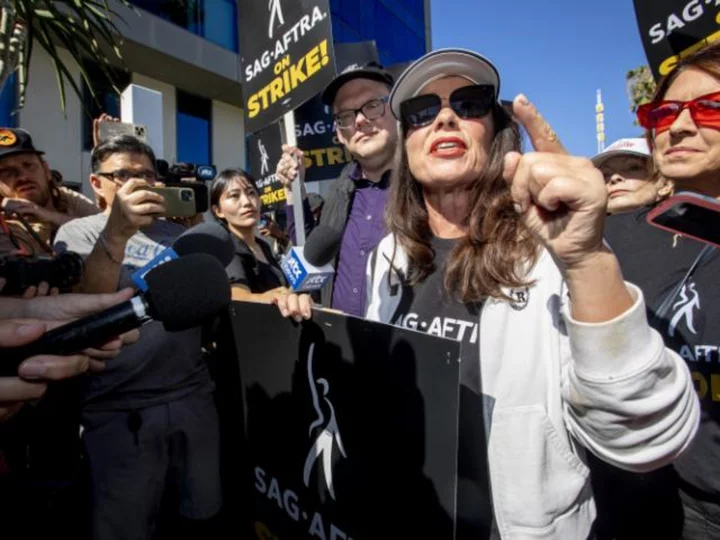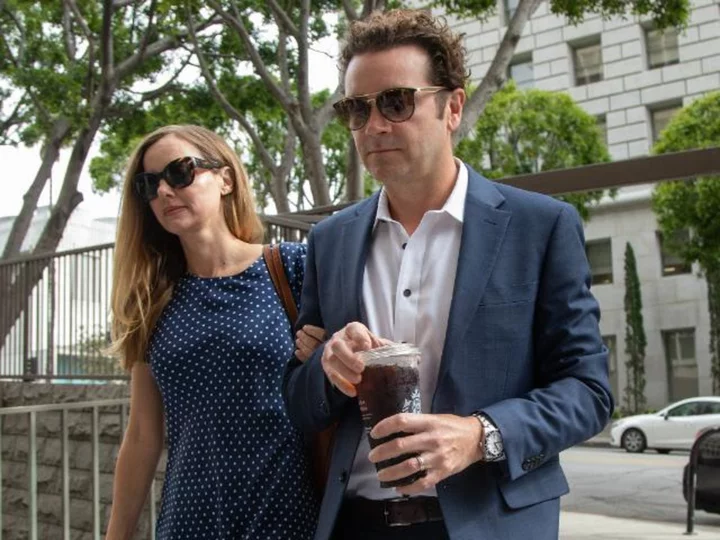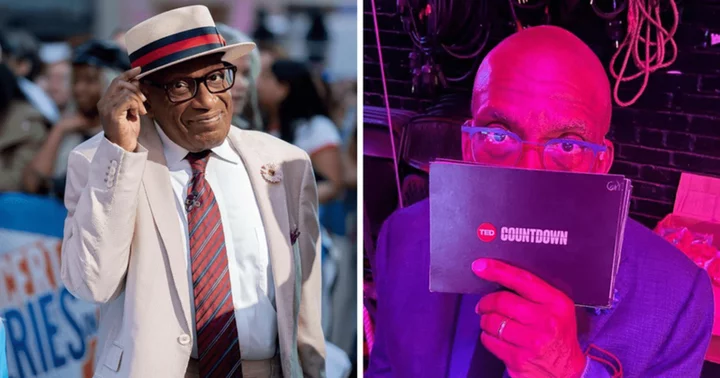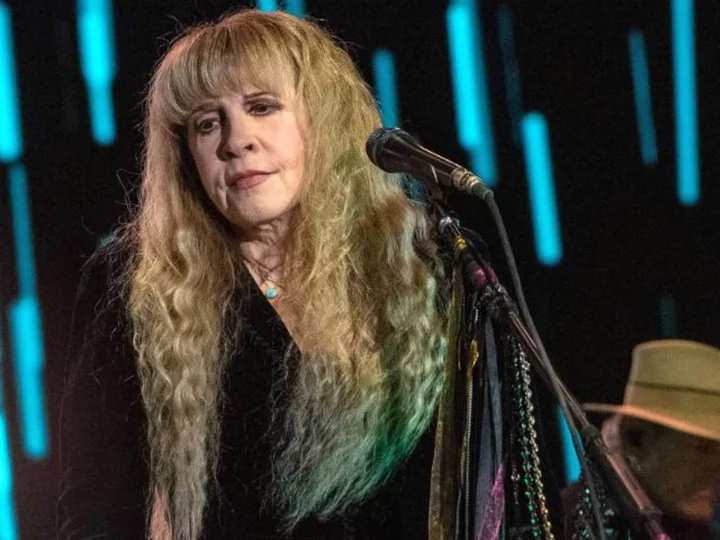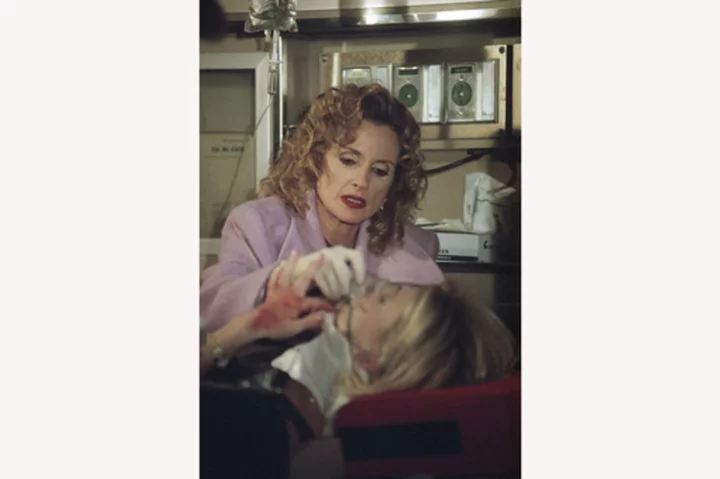Fran Drescher, actor and president of the Screen Actors Guild-American Federation of Television and Radio Artists (SAG-AFTRA) -- the union representing about 160,000 Hollywood actors who went on strike Friday -- said on a livestream with Sen. Bernie Sanders on Tuesday that she believes it will one day be "against the law" for streaming giants to continue to withhold viewership information and metrics.
The conversation was prompted, in part, by Sanders asking about the reasoning behind the strike, which Drescher said had to do with working actors' compensation not matching the current climate.
"We don't really know how successful any show is, because they will not release that information, which I think is going to end up becoming against the law," Drescher said in reference to streaming platforms.
Streamers like Netflix are famously secretive about their ratings information, whereas the "old business model" pre-streaming -- based primarily off of network television -- provided transparency with ratings and viewership info and habits, making it easier to track distribution and syndication. This in turn allowed for performers and crew members to receive residuals over time.
Speaking again about how the business model has changed since that age of network television and residuals, specifically due to the advent of streaming, Drescher underscored how this "new business model" requires a structurally new union contract that is reflective of those changes.
Part of that, she said, is knowing more specific viewership metrics from streaming companies, but "they won't tell us how many people are watching it."
She added that as a result, her union is being "systematically squeezed out of our revenue sharing because this new business model doesn't command longevity when there's success."
The "Nanny" star also said that as talks went on with the Alliance of Motion Pictures and Television Producers (AMPTP), the entity representing the major studios and streamers, SAG-AFTRA was eventually "stonewalled" when negotiators on their behalf requested streaming-based residual payments for their actor members.
"It was like talking to a wall," she said.
Members of SAG-AFTRA went on strike Friday after negotiations with the AMPTP on a new contract failed.
The union's talks with the AMPTP focused on pay scales and benefits, residuals paid for when films or shows are shown again, particularly on streaming services, as well as protections against the use of artificial intelligence to create characters using actors' voices or likenesses.
Actors joined members of the Writers Guild of America (WGA), who've been on strike since May after their negotiations with the AMPTP -- on many of the same points of contention as SAG-AFTRA -- on a new deal also failed.
Sanders has been outspoken in his support of the entertainment industry unions' strikes.
On Thursday, following a news conference announcing the SAG-AFTRA strike led by Drescher and lead negotiator Duncan Crabtree-Ireland, Sanders tweeted, "Wealthy studio executives would rather see workers lose their housing than pay them what they deserve. Greed, greed, greed."
"I stand in strong solidarity with @sagaftra and @WGAWest. The studios need to get back to the table and negotiate a fair deal NOW," he added.
During Thursday's news conference, Drescher said in an impassioned speech that the union would not accept changes to their contract that do not match up with the changes happening in the industry.
"We're not going to keep doing incremental changes on a contract that no longer honors what is happening right now with this business model that was foisted upon us," she said, going on to ask, "What are we doing? Moving around furniture on the Titanic? It's crazy."
Many famous actors have been seen on the picket lines in New York and Los Angeles since noon Friday.
The strike is the first time that members of the actors union have stopped work on movie and television productions since 1980.

